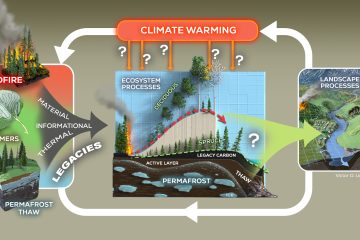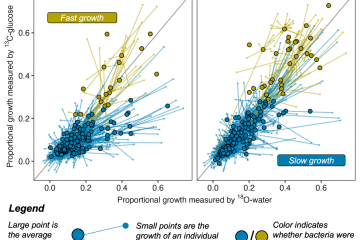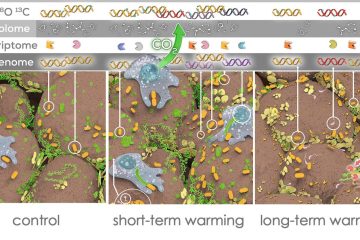Urban warming advances spring phenology but reduces the response of phenology to temperature in the conterminous United States
Cities and their associated urban heat islands are ideal natural laboratories for evaluating the response of plant phenology to warming conditions. In this study, we demonstrate that the satellite-derived start of season for plants occurred earlier but showed less covariation with temperature in most of the large 85 cities across the conterminous United States for the period 2001–2014. The results show a reduction in the response of urban phenology to temperature and imply that, in nonurban environments, the onset of spring phenology will likely advance but will slow down as the general trend toward warming continues.Urbanization has caused environmental changes, such as urban heat islands (UHIs), that affect terrestrial ecosystems. However, how and to what extent urbanization affects plant phenology remains relatively unexplored. Here, we investigated the changes in the satellite-derived start of season (SOS) and the covariation between SOS and temperature (RT) in 85 large cities across the conterminous United States for the period 2001–2014. We found that 1) the SOS came significantly earlier (6.1 ± 6.3 d) in 74 cities and RT was significantly weaker (0.03 ± 0.07) in 43 cities when compared with their surrounding rural areas (P < 0.05); 2) the decreased magnitude in RT mainly occurred in cities in relatively cold regions with an annual mean temperature <17.3 °C (e.g., Minnesota, Michigan, and Pennsylvania); and 3) the magnitude of urban−rural difference in both SOS and RT was primarily correlated with the intensity of UHI. Simulations of two phenology models further suggested that more and faster heat accumulation contributed to the earlier SOS, while a decrease in required chilling led to a decline in RT magnitude in urban areas. These findings provide observational evidence of a reduced covariation between temperature and SOS in major US cities, implying the response of spring phenology to warming conditions in nonurban environments may decline in the warming future.


